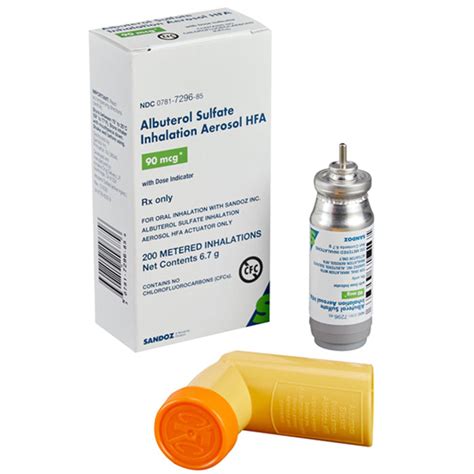How Do I Choose Family Doctors Near Me? Expert Advice

When it comes to choosing a family doctor, also known as a primary care physician (PCP), there are several factors to consider to ensure you find the right fit for you and your loved ones. Your PCP is often the first point of contact for any medical concerns, making it crucial to select someone who not only provides excellent care but also aligns with your personal preferences and needs.
Understanding the Role of a Family Doctor
Before diving into the selection process, it’s essential to understand the role of a family doctor. They are medical professionals trained to provide comprehensive, continuous care for individuals and families across all ages and genders. Their services range from routine check-ups and preventive care to treating acute and chronic illnesses. A good family doctor acts as a coordinator for your healthcare, referring you to specialists when necessary and helping you navigate the healthcare system.
Factors to Consider When Choosing a Family Doctor
Location and Accessibility: Consider the proximity of the doctor’s office to your home or workplace. Also, think about the office hours and whether they offer appointments at times that are convenient for you.
Insurance Coverage: Check if the doctor is part of your health insurance provider’s network. Visiting an in-network provider can significantly reduce your out-of-pocket costs.
Professional Qualifications and Experience: Look into the doctor’s credentials, including their medical degree, training, and board certification. Experience in dealing with patients with concerns similar to yours can be beneficial.
Communication Style: The ability of your doctor to communicate effectively with you is vital. You want a doctor who listens to your concerns, explains things in a way you can understand, and is open to your questions.
Personal Comfort: Your comfort level with your doctor is crucial. Consider factors such as gender, age, and bedside manner. You should feel at ease discussing personal or sensitive topics.
Services Offered: Some family practice offices may offer additional services such as on-site labs, radiology, or specialty care. Consider what services are important to you and whether the practice can meet those needs.
Reviews and Recommendations: Ask friends, family, or coworkers for recommendations. You can also check online reviews, but remember to take them with a grain of salt, considering both positive and negative comments.
Office Environment: The atmosphere of the doctor’s office can impact your experience. Consider factors such as wait times, staff friendliness, and the overall cleanliness and comfort of the office.
Steps to Find the Right Family Doctor
Make a List: Start by compiling a list of potential doctors based on your criteria, such as location, insurance, and recommendations.
Research Each Candidate: Look up their professional background, read reviews, and check their credentials.
Schedule Consultations: Many doctors offer initial consultations or meet-and-greets. This is a great opportunity to gauge your compatibility and ask questions.
Ask Questions: Prepare a list of questions to ask during your consultation, such as:
- What are your office hours, and how do you handle after-hours emergencies?
- How do you approach preventive care and health screenings?
- How will you communicate with me about my care, and how quickly can I expect responses to my questions?
- What is your policy on referrals to specialists?
Trust Your Instincts: Ultimately, choose a doctor with whom you feel a connection. Your instinct about a doctor’s approachability, willingness to listen, and professionalism can be a powerful guide.
Conclusion
Choosing the right family doctor is a personal and important decision. By considering factors such as location, insurance, professional qualifications, and personal comfort, and by taking the time to research and meet potential doctors, you can find a healthcare provider who meets your needs and with whom you can build a long-lasting, trusting relationship. Remember, your family doctor is your first line of defense and guidance in your healthcare journey, so selecting the right one is crucial for maintaining your overall well-being.
What is the difference between a family doctor and a specialist?
+A family doctor, or primary care physician, provides general medical care for routine check-ups, preventive care, and treats a wide range of acute and chronic illnesses. A specialist, on the other hand, has advanced training in a specific area of medicine and treats conditions related to that area. Your family doctor may refer you to a specialist for certain health issues.
How often should I see my family doctor?
+The frequency of visits to your family doctor depends on your health status and age. Generally, healthy adults should see their doctor at least once a year for a routine check-up. Those with chronic conditions may need to visit more frequently as recommended by their doctor.
Can I change my family doctor if I’m not satisfied?
+Yes, you can change your family doctor if you’re not satisfied. It’s essential to find a doctor with whom you have a good relationship and who meets your healthcare needs. Before making a change, consider discussing your concerns with your current doctor, as they may be able to address some of your issues.


